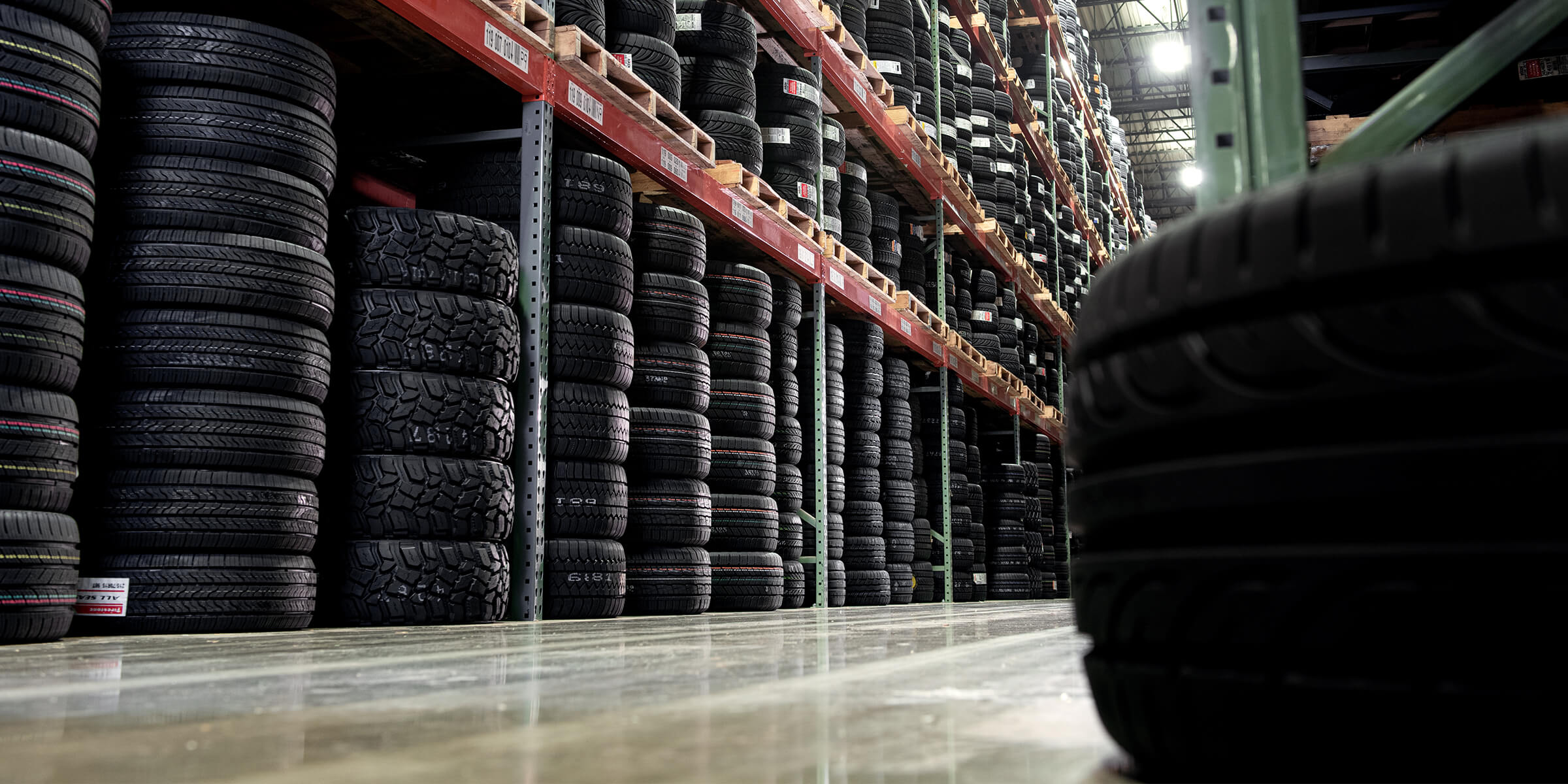Tire Service: Comprehending Tire Pressure Tracking Systems
Understanding Tire Stress Monitoring Solutions (TPMS) is an essential element of preserving optimum lorry efficiency and safety on the roadway. With improvements in automotive modern technology, TPMS has ended up being a typical feature in modern-day cars, supplying real-time details on tire pressure levels.

Relevance of TPMS
The significance of Tire Pressure Surveillance Systems (TPMS) lies in their capability to boost vehicle security and efficiency through real-time monitoring of tire pressure levels. Preserving the appropriate tire stress is crucial for guaranteeing ideal handling, stopping, and general safety of a car. TPMS offers motorists with instant comments on any underinflated or overinflated tires, enabling for prompt modifications to be made.
Parts of TPMS
Comprising numerous vital elements, a Tire Stress Monitoring System (TPMS) works as a sophisticated safety and security function in modern automobiles. The main elements of a TPMS consist of sensing units, a control module, and a caution indicator. Sensing units are commonly located in the tire shutoff stem or connected to the wheel setting up, where they measure tire stress and transfer information to the control module. If it identifies substantially low pressure in any of the tires, the control component processes this info and triggers a warning. The caution indicator, typically a symbol on the dashboard, signals the chauffeur to examine the damaged tire or tires. Some advanced TPMS designs additionally display the actual tire stress analyses for each tire, supplying vehicle drivers with real-time information to make sure optimum tire efficiency and safety. By checking tire stress continuously, TPMS helps stop mishaps, reduces tire wear, and improves fuel effectiveness, making it a vital part for vehicle safety and efficiency.
Sorts Of TPMS

On the other hand, indirect TPMS counts on the lorry's wheel speed sensing units to keep track of tire stress. This system spots underinflation by comparing the rotational rates of the wheels. Indirect TPMS is less pricey than direct TPMS, as it uses existing sensing units within the lorry.
While straight TPMS offers a lot more exact readings, indirect TPMS is easier in style and usually calls for less maintenance. Both systems have their benefits and limitations, and the option in between them frequently depends upon variables such as price, car make, and personal preference. Recognizing the distinctions between these 2 kinds of TPMS can help car owners useful content make notified go now decisions pertaining to tire upkeep and safety and security.
TPMS Maintenance Tips
Effective upkeep of TPMS is important for ensuring optimum performance and security of your car. Routinely inspecting the TPMS sensors for any type of damages or rust is crucial. Make sure that the sensing units are cost-free and tidy from debris that might interfere with their functioning. Furthermore, it is recommended to inspect the sensor batteries regularly and replace them as needed to guarantee accurate readings. Conduct routine look at the tire pressure levels and compare them with the TPMS analyses to guarantee they are regular. Rectify the system following the manufacturer's guidelines if there are any kind of disparities. Moreover, during tire rotation or replacement, make certain that the TPMS parts are taken care of meticulously to stop any kind of possible damage. If the TPMS warning light brightens on the dashboard, attend to the issue without delay by inspecting the tire stress and the general system for any mistakes. By adhering to these maintenance ideas, you can prolong the life-span of your TPMS and enhance the safety and security of your driving experience.
Advantages of Proper Tire Stress
Keeping proper tire pressure, as emphasized in TPMS Upkeep Tips, is essential for enjoying the countless benefits connected with ideal tire pressure degrees. Among the key benefits of preserving the right tire pressure is boosted gas efficiency. When tires are appropriately blown up, there is much less rolling resistance, bring about better fuel economic climate. In addition, correct tire pressure ensures even tire wear, prolonging the life-span of the tires and advertising more secure driving problems. With the right tire pressure, automobiles additionally have far better handling and grip, specifically in damaging weather. This can enhance general driving performance and security for the driver and passengers. Maintaining ideal tire stress can add to a smoother and a lot more comfortable trip by decreasing resonances and sound created by underinflated tires. In verdict, the advantages of appropriate tire pressure exceed simply tire longevity; they include enhanced fuel efficiency, enhanced security, better automobile performance, and general driving comfort.
Final Thought
Finally, comprehending tire stress tracking systems (TPMS) is crucial for preserving optimum tire stress and ensuring automobile safety. By acknowledging the importance of TPMS, knowing with its parts, understanding the various types offered, sticking to proper maintenance pointers, and recognizing the advantages of maintaining proper tire stress, vehicle drivers can improve their driving experience and lengthen the lifespan of their tires. Appropriate tire stress is vital to efficient and safe automobile procedure.
